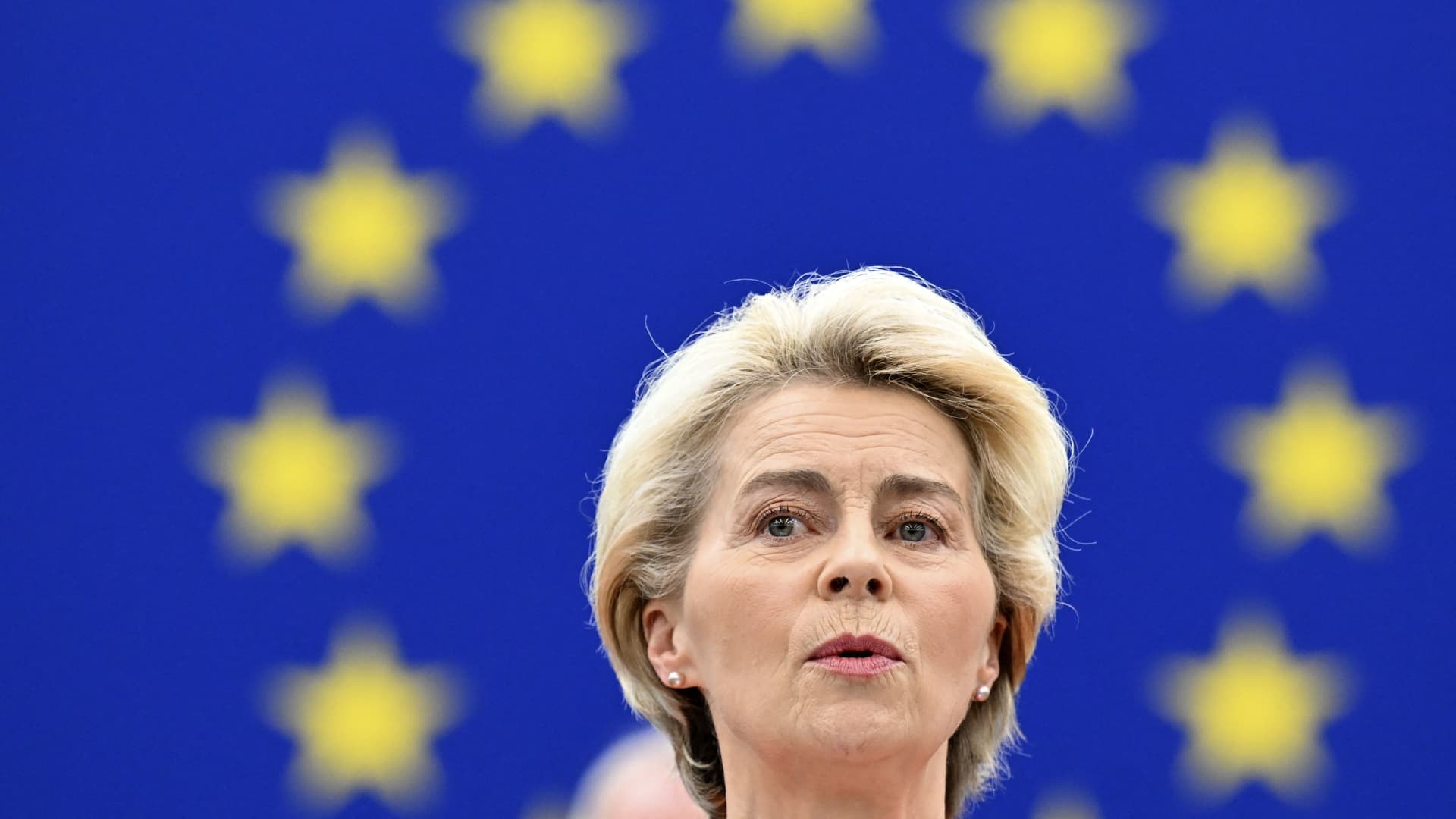America’s economic engagement in the Indo-Pacific is “not about China” but about strengthening the U.S. presence in the region, Commerce Secretary Gina Raimondo told CNBC.
President Joe Biden launched the Indo-Pacific Economic Framework for Prosperity about two years ago, involving 14 countries for economic and trade cooperation among member states. The IPEF was also seen as a means to counter China in the region.
Raimondo said the Indo-Pacific would be safer and more stable when the US had a strong “active” presence in the region, adding that the framework was more about strengthening ties in the region.
“China does what China does. They are investing here and that is their approach,” Raimondo, who was in Singapore to attend the IPEF ministerial meeting, told CNBC’s Eunice Yoon.
“But we are here. This is not about China. It’s about the United States emerging in the region.”

IPEF member countries signed a “clean economy” agreement on Thursday and announced $23 billion in investment opportunities to accelerate sustainable infrastructure projects in the region, according to a statement from the Ministry of Commerce.
During her trip, Raimondo also participated in bilateral meetings with partner countries to address various issues, including climate goals.
“Singapore has long advocated for the US to be actively engaged in the region, particularly in Southeast Asia, and we have consistently followed that belief,” said Singapore Prime Minister Lawrence Wong after his meeting with the US Secretary of Commerce.
Raimondo stressed that the US would not stop countries in the region from deepening their own economic ties with China.
“We are not here to tell any of these countries what to do,” she said. “They all trade with China, they all trade with China in electric vehicles…that’s fine.”
She added that the US would also “massively expand” its economic support in the region by providing technology, technical assistance and capital.

At the recent G7 meeting, US Treasury Secretary Janet Yellen warned China about its state-controlled industrial policy.
China’s industrial overcapacity – or an overproduction of goods that undercut global competitors on price – has increasingly raised global concerns. Other countries claimed that this production was often heavily subsidized.
During a trip to Europe, China’s trade minister dismissed allegations of “overcapacity” as “baseless”.
Raimondo said that when China dumps its subsidized products on the market, “it destroys the entire world price of the product, whatever it is,” adding that “we are all less safe.”
Each country has to make its own decisions: “If we act together, in my opinion that is the way to send a message to China.”
— CNBC’s Evelyn Cheng contributed to this report
Source link
2024-06-07 06:21:59
www.cnbc.com













